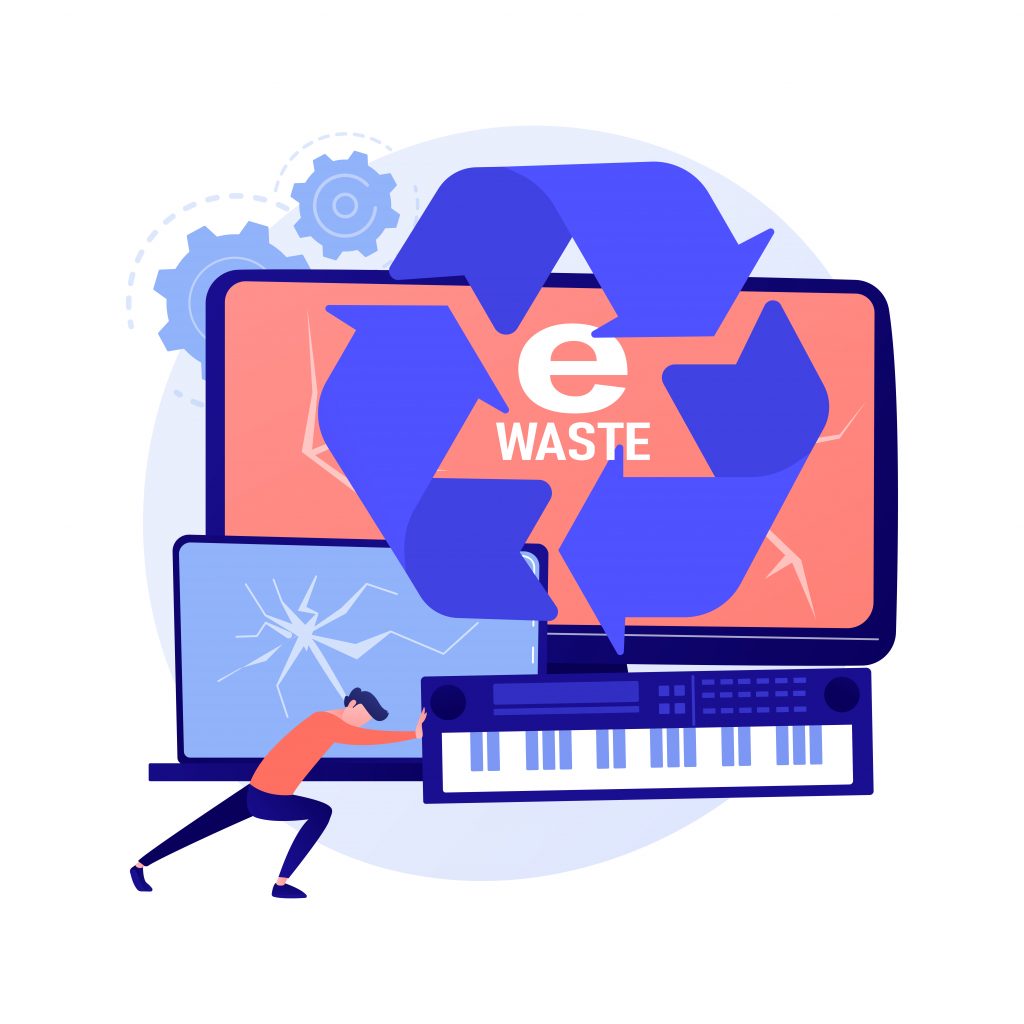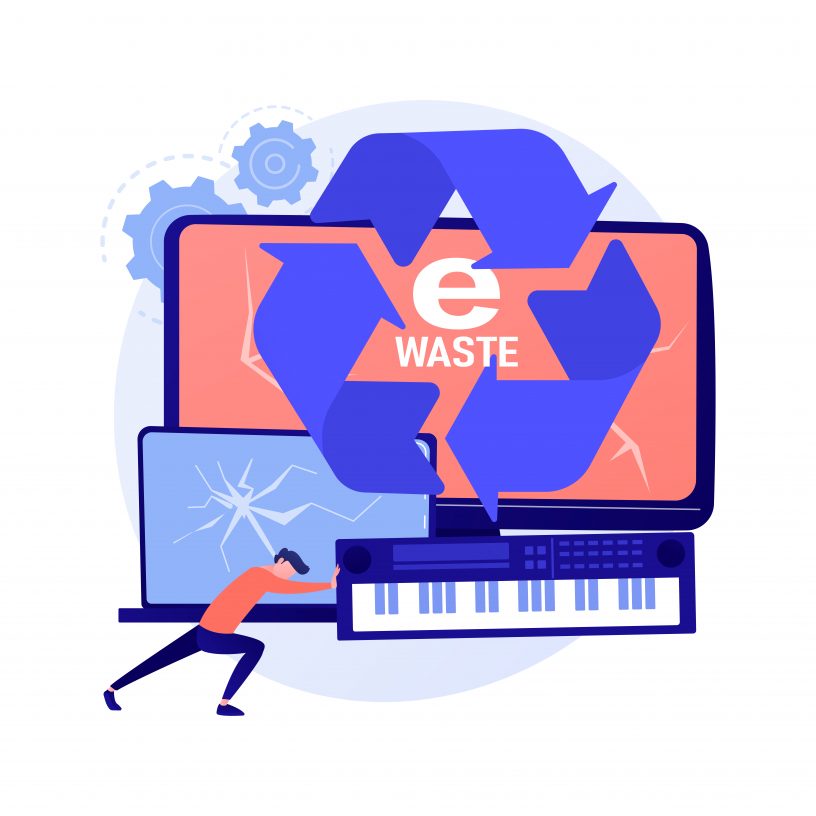
In view of the rapidly growing problem of electronic waste generation, enforcing the ‘right to repair’ could be a milestone on the path to a circular economy which provides incentives for reusing products rather than discarding them.
Authors
Govind Singh, Associate Professor and Dean, respectively, at Jindal School of Environment & Sustainability, O.P. Jindal Global University, Sonipat, Haryana, India.
Armin Rosencranz, Professor and Dean, Jindal School of Environment & Sustainability, O.P. Jindal Global University, Sonipat, Haryana, India.
Summary
The Union Budget 2022-23 talks of shifting to a circular economy. A circular economy recognises that economic activities are embedded in an ecological life-support system.
A circular economy provides incentives for reusing products rather than discarding them. In a circular economy, waste generation is minimal and the goods of today become the resources of tomorrow.
The Budget includes several provisions to move to a carbon-neutral and circular economy. Rs 20,000 crore have been allocated to incentivise the production of high-efficiency solar modules.
This is expected to facilitate the government’s 280-GW installed solar capacity goal. The use of biomass pellets in thermal power plants and setting up business models for energy conservation are promoted in the Budget.
The Budget document is spot on when it observes that the transition to a circular economy is expected to help enhance productivity and create new jobs.
This is true for many sectors, including the booming electronics manufacturing industry. Electronic waste generation is a rapidly growing problem: The total global e-waste generation in 2022 is projected to approach 60 million metric tons.
In the absence of a circular economy, most of this e-waste will continue to end up in landfills. On the one hand, important metals will pollute the environment instead of being reused. On the other hand, more of the earth will be mined for these materials.
Published in: Deccan Herald
To read the full article, please click here.


